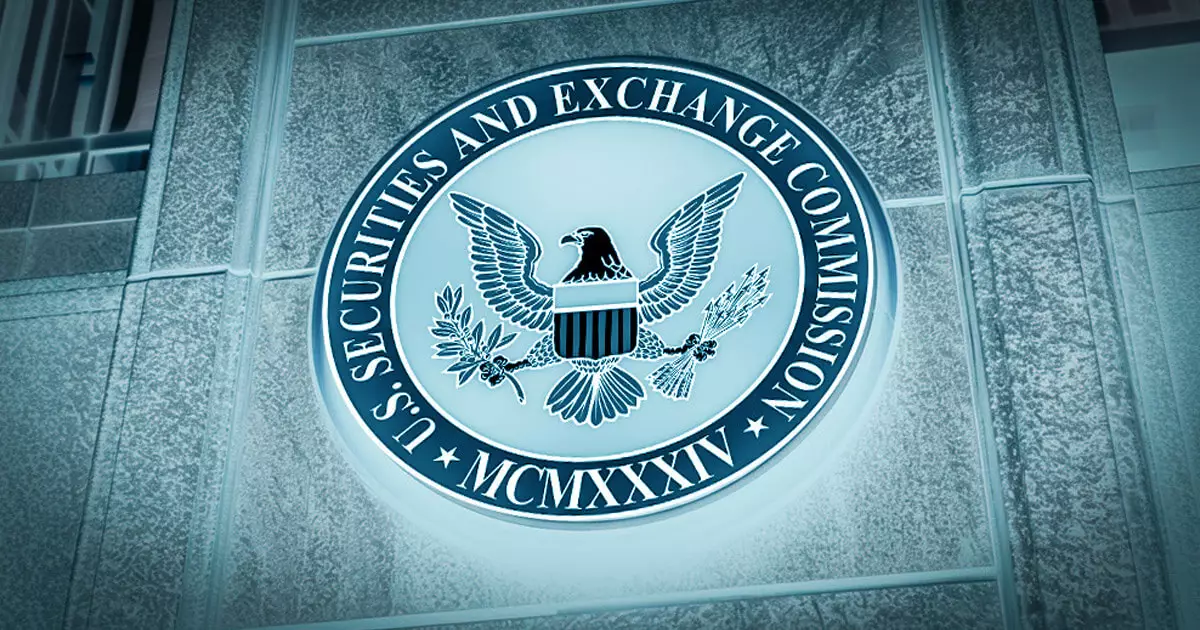In a notable move on September 27, 2023, the U.S. Securities and Exchange Commission (SEC) settled its charges against the decentralized autonomous organization (DAO) known as Mango Markets, alongside the Blockworks Foundation. This settlement arose in the aftermath of a significant exploit that plagued the Mango Markets platform in 2022, resulting in a staggering loss of $100 million and subsequently attracting the SEC’s focus. This case exemplifies the increasing scrutiny that decentralized platforms are facing within the regulatory landscape due to concerns about the sale of unregistered securities.
Under the terms of the settlement, both Mango Markets DAO and the Blockworks Foundation will collectively pay a $700,000 civil penalty. This monetary consequence comes hand-in-hand with more drastic measures: both entities must destroy their MNGO tokens and engage with crypto exchanges to ensure these tokens are delisted. Furthermore, they are prohibited from any future marketing of these tokens. Importantly, neither party is required to admit or deny the SEC’s allegations, emphasizing the often convoluted and strategically complicated nature of such settlements in the financial regulatory environment.
Significantly, the decision to proceed with this settlement followed a community vote within the Mango DAO in August. This democratic approach reflects a growing trend among decentralized entities to involve their communities in governance decisions, showcasing the unique intersection of blockchain technology and community involvement. Nevertheless, one must ponder whether such community votes dilute accountability or enhance collective ownership of decisions that have profound implications on regulatory compliance.
In conjunction with the SEC’s actions, Mango Markets also proposed a $500,000 settlement to the Commodity Futures Trading Commission (CFTC) to conclude its investigation. Much like the SEC’s charges, this settlement does not necessitate an admission of guilt. This dual scrutiny from both the SEC and CFTC signals an era of intense regulatory oversight where decentralized platforms are not shielded by technological innovativeness or their community-driven underpinnings.
One critical takeaway from this case is the reaffirmation by the SEC that the title “DAO” does not exempt entities from compliance with existing securities laws. As articulated by the SEC, even automated systems and open-source technologies maintain legal obligations for those managing these operations. This acknowledgment heightens the stakes for emerging decentralized platforms, promoting a firm understanding that regulatory frameworks are continuing to evolve and legal responsibilities remain stringent.
The events surrounding Mango Markets serve as a compelling case study in the ongoing transformation of regulatory approaches to the decentralized finance (DeFi) sector. The SEC’s heightened enforcement, coupled with proactive engagement from crypto entities, outlines a path marked by necessary compliance with existing laws. This will be crucial for the sustained growth and legitimacy of decentralized platforms as they navigate the complex legal landscape. As the industry evolves, so too must the entities that shape its future, balancing innovation with the imperatives of regulatory accountability.

